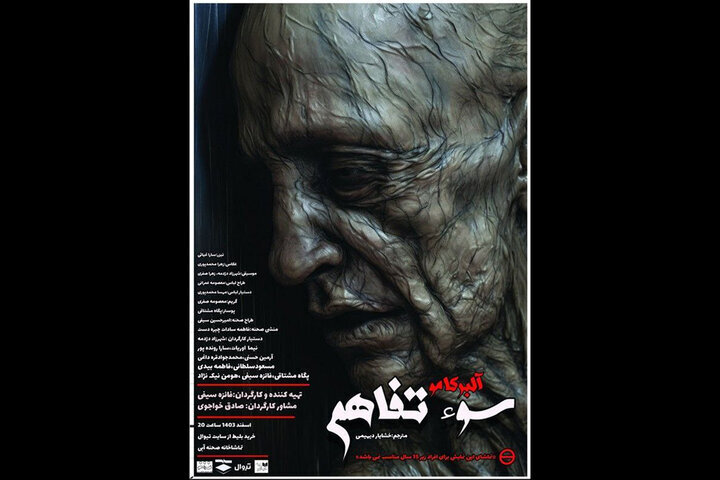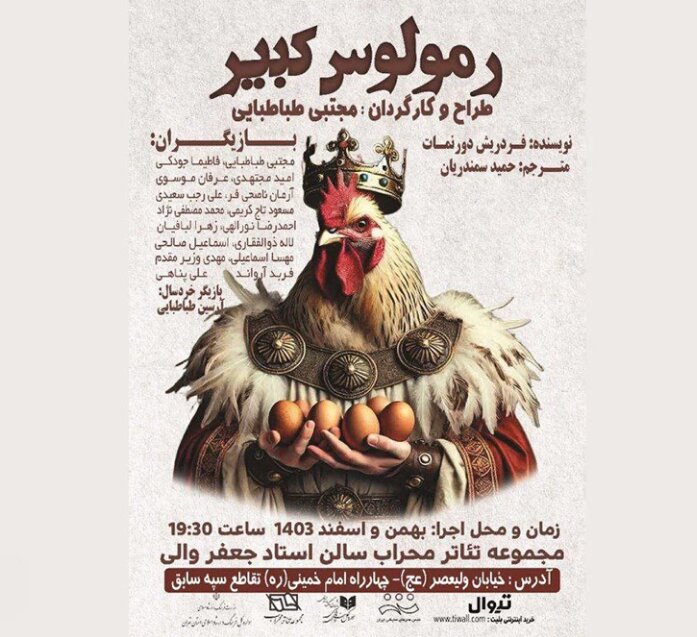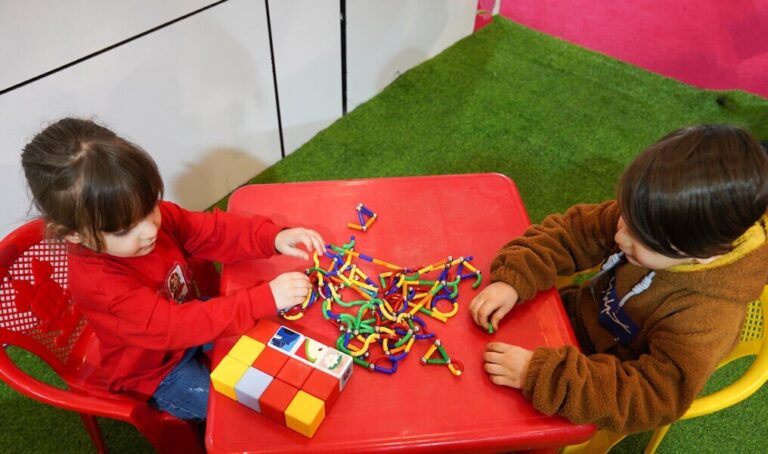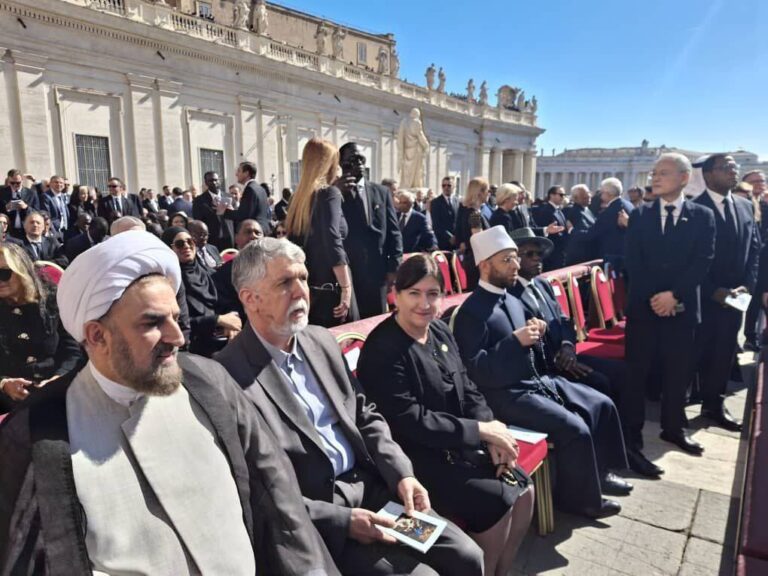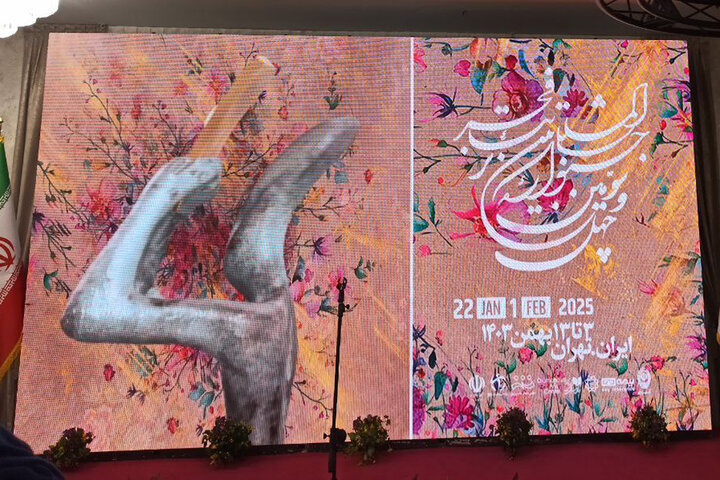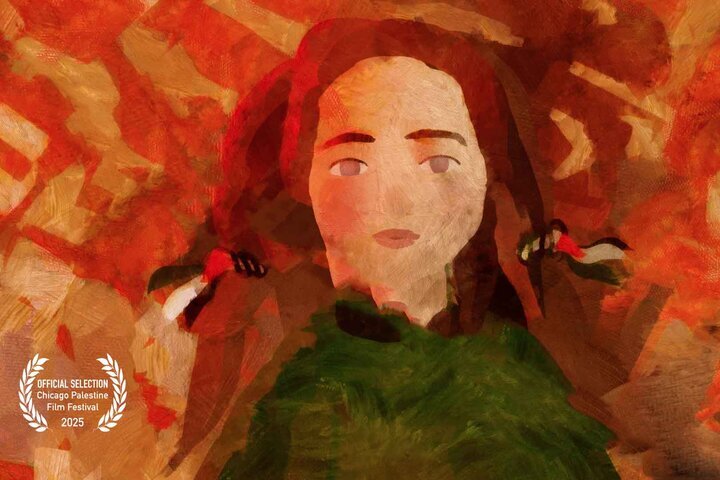Experience the Genius of Albert Camus: ‘The Misunderstanding’ Takes Center Stage at Sahne Abi!
Experience the profound themes of absurdity and human connection in Albert Camus’s “The Misunderstanding,” which is currently being staged at the Sahne Abi Cultural and Artistic Center in Tehran. Directed by Faezeh Seyfi, this compelling 70-minute play features a talented cast including Pegah Moshtaghi, Houman Niknezhad, Masoud Soltani, Fatemeh Bidi, and Armin Hasani, among others, as reported by Mehr.
Written in 1943 during the hardships of occupied France, “The Misunderstanding” delves into Camus’s exploration of the concept known as “The Absurd.” This play transcends mere entertainment; it is a poignant reflection on the intricate tapestry of human life, filled with misunderstandings that resonate universally.
The narrative centers around Jean, a man who returns to his family after two decades away, bringing with him wealth and anticipation of reunion. However, upon entering the guesthouse operated by his mother and sister, he discovers a heartbreaking truth: they do not recognize him. This theme of miscommunication serves as a powerful reminder of human alienation and lost opportunities, culminating in the tragic fate of Jean.
- Jean’s Return: After 20 years, he returns, only to face rejection from his own family.
- The Theme of Misunderstanding: His family’s inability to recognize him symbolizes broader themes of isolation.
- Tragic Consequences: Jean’s story highlights the devastating impacts of misunderstanding and alienation.
In a stark portrayal of tragedy, Camus draws parallels to Greek theatre, showcasing a narrative of familial murder and the relentless cycle of crime. The play’s structure reflects a continuous progression of intention and recognition, capturing the essence of contemporary human dilemmas.
“The Misunderstanding” unfolds in three acts, embodying the tragedy of modern existence. The text explores existentialist themes—human freedom, emptiness, and the futility of life—while delving into the core anxieties of existence and the predicaments faced by contemporary individuals. This subjective presentation of human conditions mirrors the despair felt by Camus during the trying times of 1942-43.
Camus’s personal experiences deeply inform the play. Having left his beloved Algeria, enduring tuberculosis, and facing the threat of execution as a propaganda agent for the French Resistance, he imbued “The Misunderstanding” with his existential struggles. He described this particular play as the one that most closely resembles his own life.
Born in 1913, Albert Camus was not only a notable French philosopher and author but also a dramatist and political activist. His contributions to literature were recognized when he received the Nobel Prize in Literature in 1957 at the young age of 44, making him the second youngest recipient to date. His notable works include:
- The Stranger
- The Plague
- The Myth of Sisyphus
- The Fall
- The Rebel
Philosophically, Camus’s insights played a pivotal role in the development of absurdism. While often associated with existentialism, he rejected this label throughout his life. His literary and philosophical contributions continue to resonate, showcasing his commitment to humanism, political tolerance, and civil rights.
For those interested in witnessing this remarkable theatrical experience, “The Misunderstanding” will be performed until March 4 at the Sahne Abi Center, located at No. 1595, Valiasr St., after the Taleqani junction. This production promises to engage audiences through its rich narrative and profound themes that are as relevant today as they were in Camus’s time.
Don’t miss the opportunity to explore the depths of human experience through the lens of one of literature’s greatest voices.
SS/SAB
